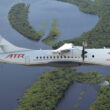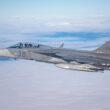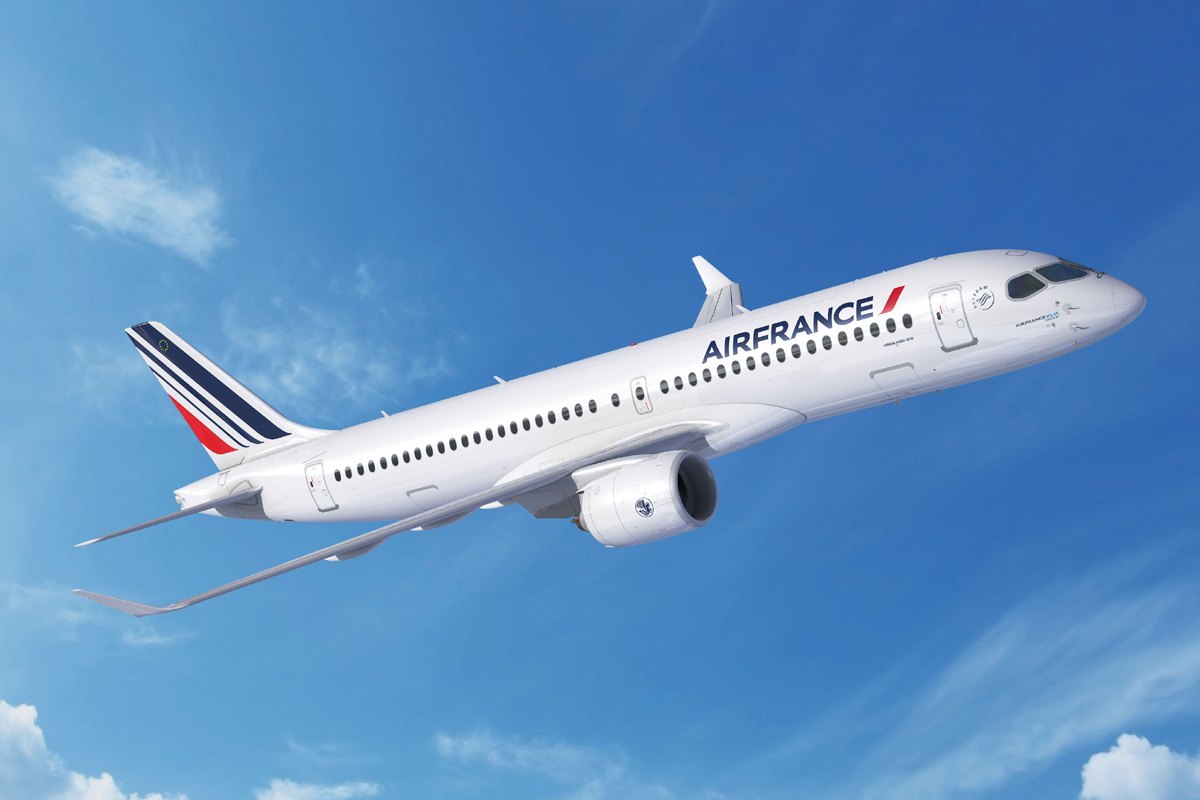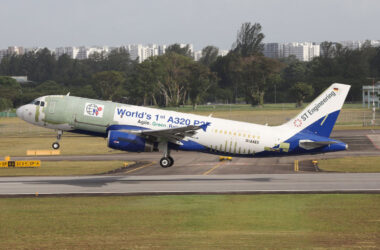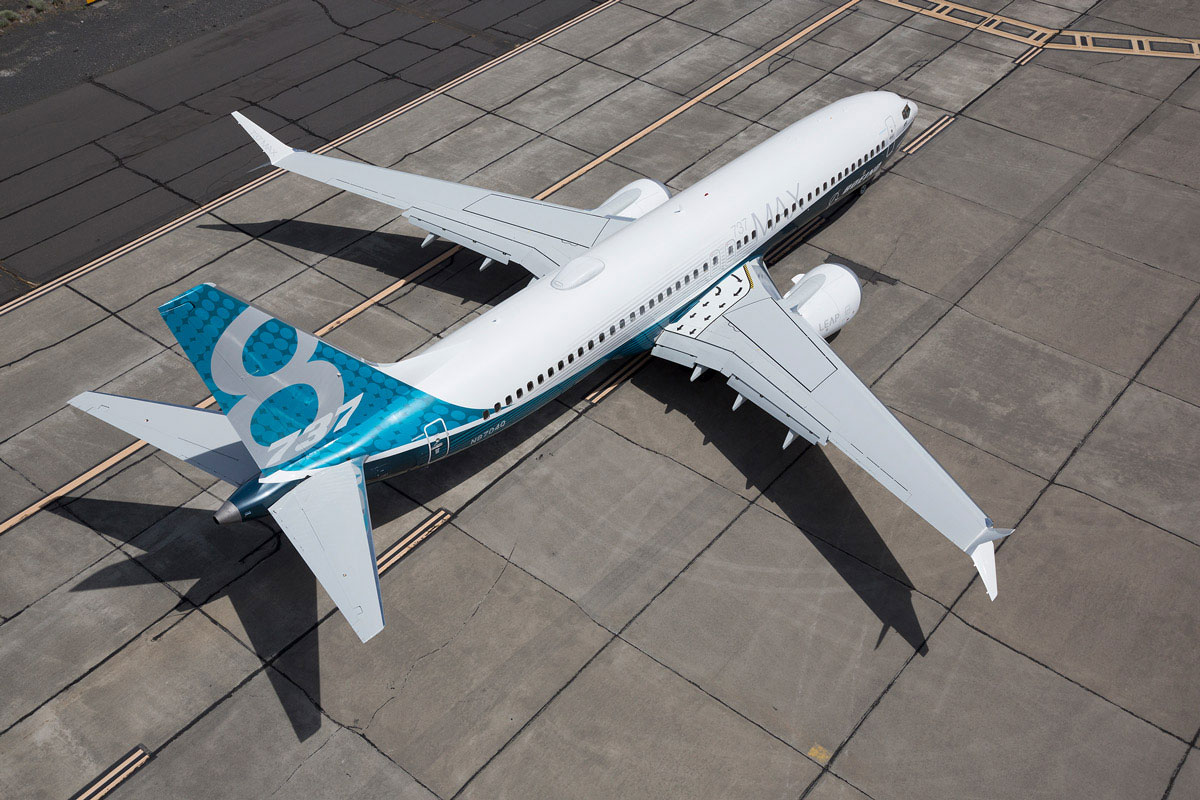Aerocivil, Colombia’s civil aviation authority, opposed the plan to merge the airlines Avianca and Viva Air in a decision released on Tuesday, November 8.
The agency claimed that the merger of the two companies would lead to a large market concentration that could make air travel in Colombia more difficult for passengers due to the lack of competition.
“AEROCIVIL has an obligation to oppose integration operations that could affect competition in the market, create or strengthen dominant positions and harm consumers,” the agency said in a statement.
If Avianca and Viva Air were to integrate, the companies would control 93.7% of passenger traffic on 59 national routes, the agency said. On 16 of these routes, the two carriers would have a 100% share.
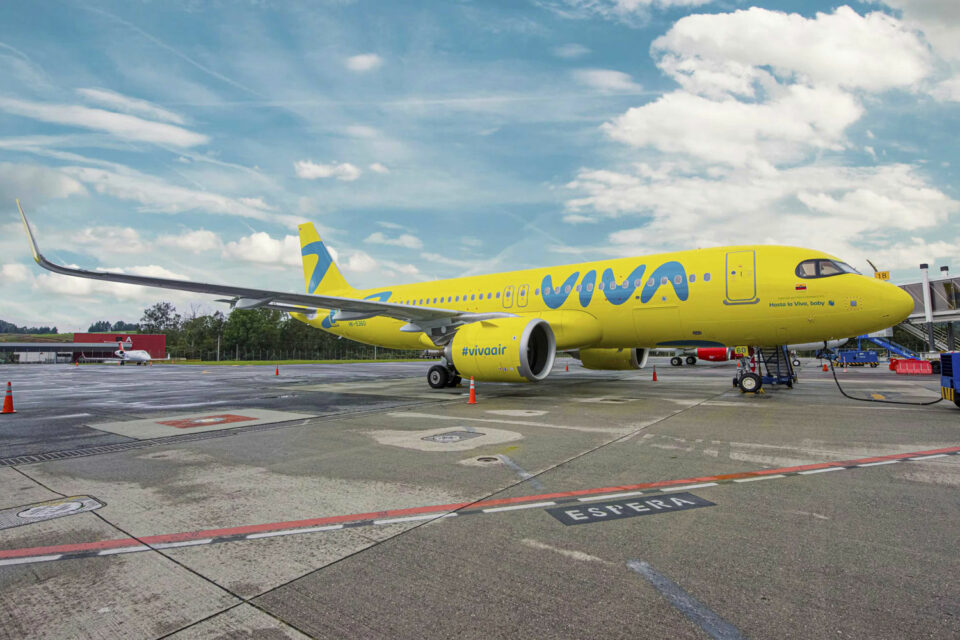
Serious financial situation
Aerocivil received the request for the integration of the two companies on August 8, the day after the inauguration of the new president of Colombia, the leftist Gustavo Preto.
The two airlines had announced the merger plan on April 29, but did not file a request with Aerocivil for the next three months for unexplained reasons.
At the time of the announcement, Avianca and Viva Air did not mention any financial difficulties from the low-cost partner. Instead, Roberto Kriete, Avianca’s main shareholder and chairman of the Board of Directors, called the association a “robust airline group” that would offer lower fares and a route network with more direct connections, among others.
At the beginning of August, the stance changed. Adrian Neuhauser, president and CEO of Avianca, described a serious situation about Viva Air: “The request for integration with Viva seeks to fight for its survival in the market, as well as maintaining the competitiveness that it has built during 10 years of operation”.
The justification is that the financial situation of Viva Air, a low-cost company founded in 2012 with the participation of Declan Ryan, son of the founder of Ryanair, had deteriorated in recent months.
For that reason, they asked for an urgent analysis by Aerocivil, which reacted by saying that it would carry out a careful process on the merger proposal.

The country’s civil aviation agency report also explains that the companies were unable to prove that the impossibility of merging would make Viva Air disappear, causing damage to passengers.
According to Aerocivil, they did not prove that “Viva’s economic crisis is of such magnitude that it affects its viability in the market and, therefore, it is doomed to exit the market, imminent and inevitable”.
Among the arguments is the fact that Viva has not sought loans to cover its losses or sounded out potential buyers such as investment funds or other airlines. Finally, Aerocivil stated that Avianca and Viva did not prove that the loss generated by the merger was less than that of the company’s exit from the market.
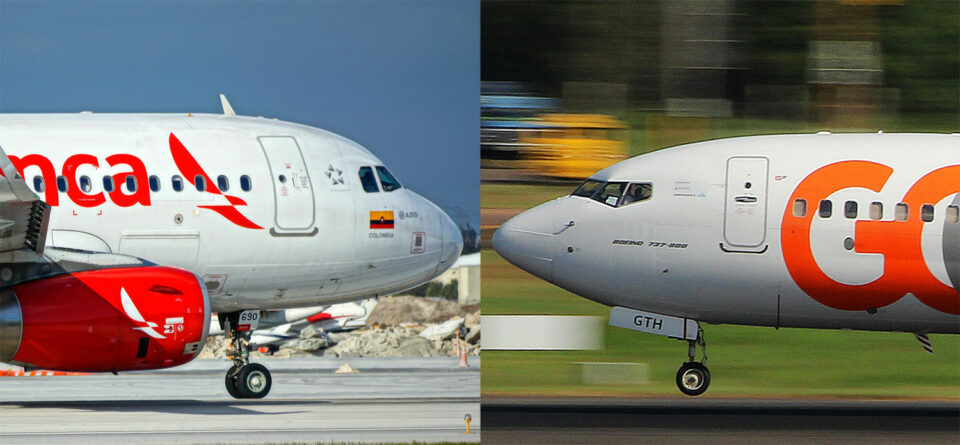
Avianca “concerned”
In a statement, Avianca stated that it will study available legal alternatives to obtain the necessary approvals and said it was “concerned” about Aerocivil’s decision.
“We are concerned about the decision, as it goes against the country’s needs and ignores the potential effect that Viva’s disappearance would have on users and the market. Avianca reiterates its willingness to actively participate in Viva’s rescue, seeking to maintain connectivity for travelers, strengthen tourism and preserve formal employment”, stated Adrian Neuhauser.
Viva would be in arrears with lease payments for its planes, according to Avianca.
The decision of the Colombian civil aviation authority may have an impact on the project to form a holding company that will put Gol Linhas Aéreas, Avianca and, until then, Viva under the same umbrella. The Abra group was announced in May, but with the intention of maintaining the commercial identity of each brand.


